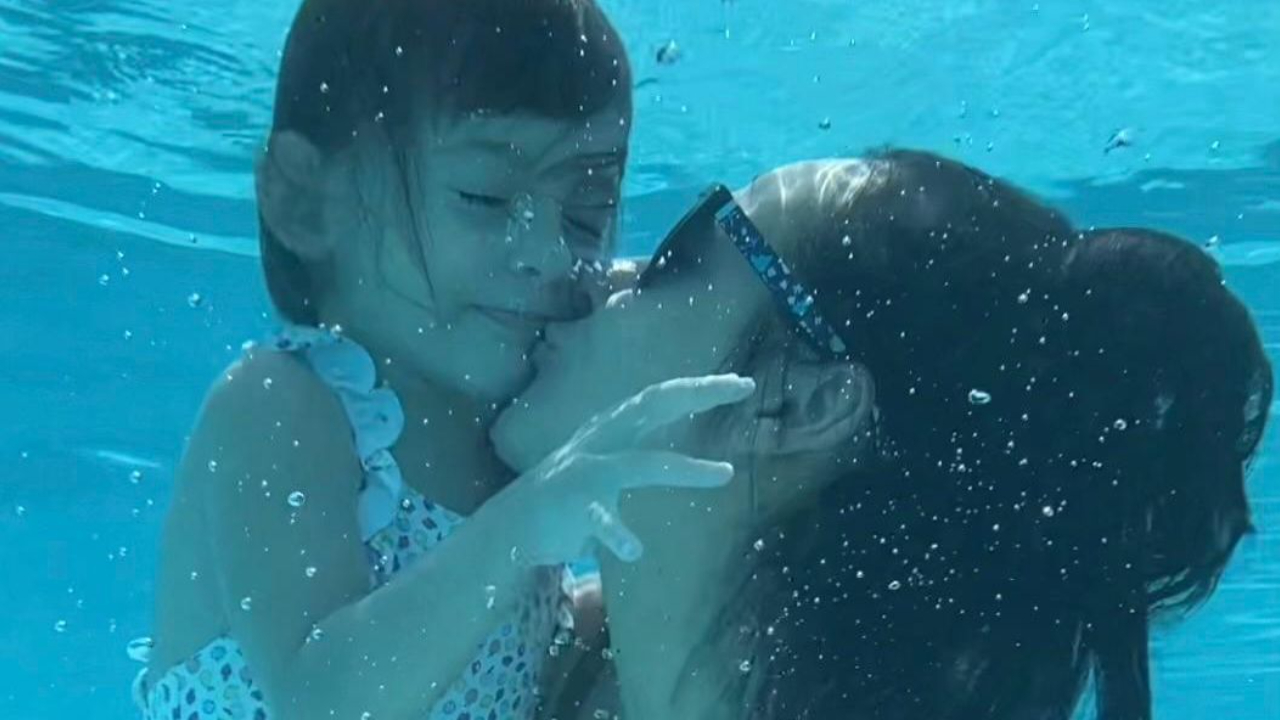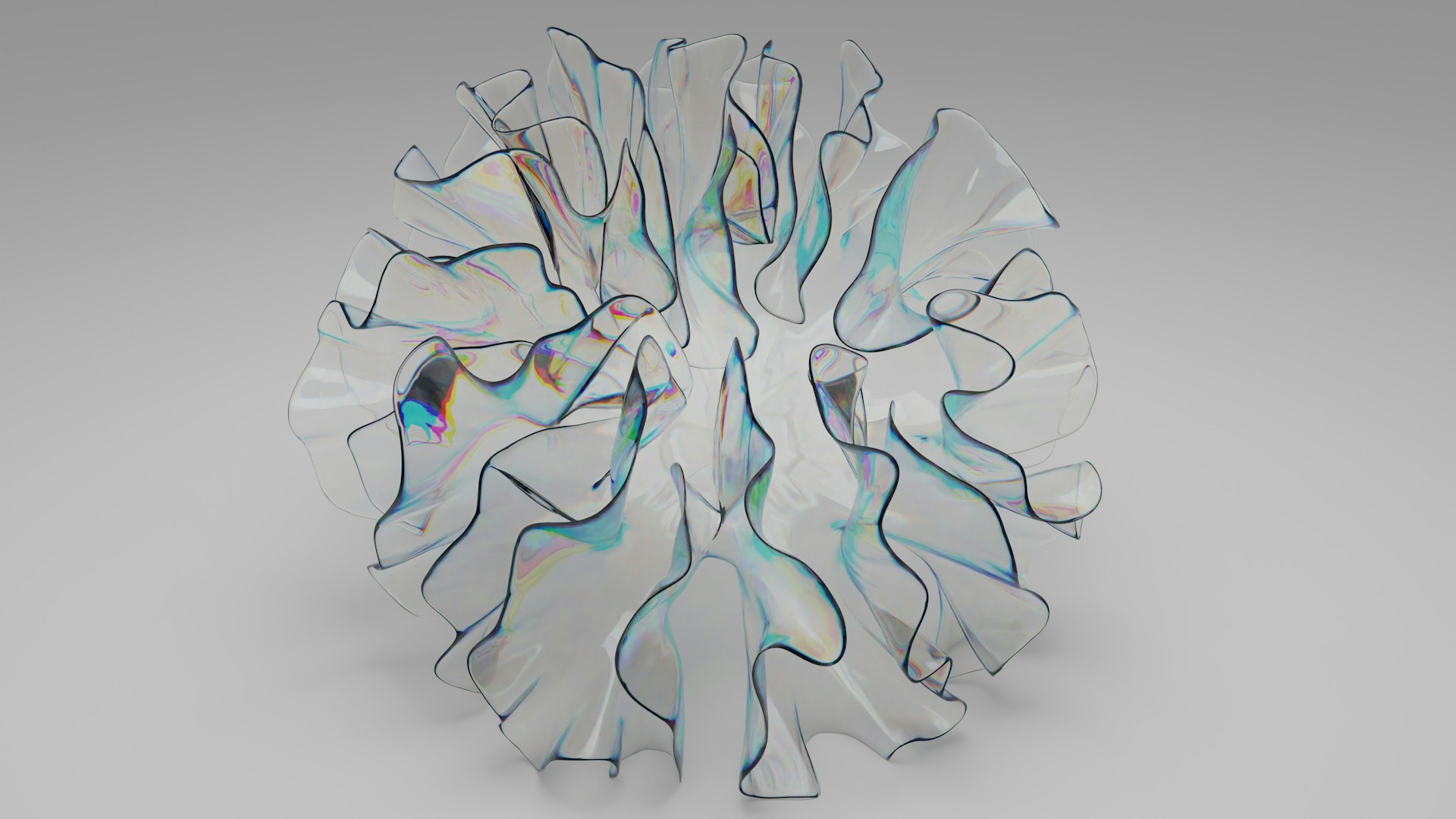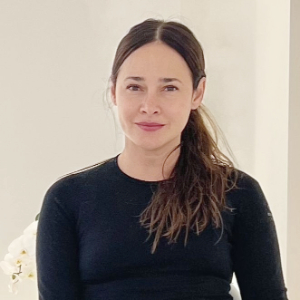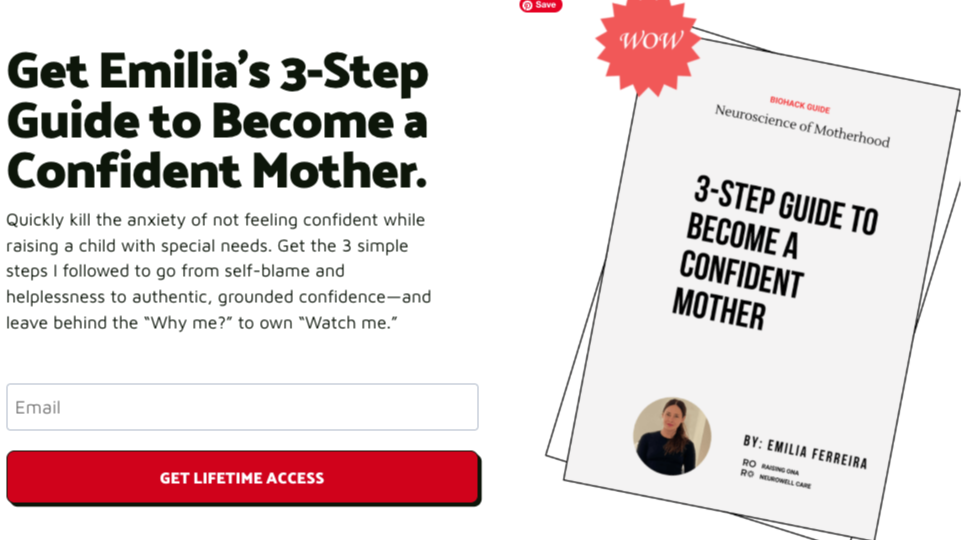
What the Brain Knows About Care
Care—such a simple word, a fleeting gesture, a thing we give and receive, often without thinking. But perhaps it’s not so simple. Perhaps it’s more profound than we realize. In a world obsessed with performance, success, and efficiency, it’s easy to forget that care is not merely a service we perform or a task we complete. It is something deeper. Something that lives inside us, shaping the very essence of who we are. Care is not just an act. It is a language. And the brain speaks it fluently.

The brain, in its quiet wisdom, understands care at its most primal level. The moment we decide to care for another, a complex, biological dance begins. Oxytocin, the so-called “love hormone,” floods the brain, setting off a cascade of neurochemical responses. A hug, a smile, a comforting touch—it’s all there in the brain’s intricate wiring, urging us to connect. But these aren’t just emotional responses; they are survival mechanisms. The brain, in its wisdom, knows that care is not optional. It is essential to our survival. It binds us to one another, creating connections that are vital for the very continuation of our species. In this light, care becomes more than kindness or altruism. It is evolution itself, a force propelling us forward, together.
But what happens when care is denied? When it is withheld, ignored, or forgotten? The brain responds not with indifference, but with pain. And this pain is not abstract—it is deep, physiological, and relentless. The brain, deprived of care, becomes a battlefield. Cortisol—the hormone of stress—floods the system. It reshapes the very architecture of the brain, damaging neural pathways, impairing memory, clouding judgment. What was once a well-oiled machine of empathy and rational thought now struggles to function. The prefrontal cortex, the seat of empathy and decision-making, shuts down. And in this state of constant turmoil, we become trapped in a cycle, a feedback loop where the lack of care only exacerbates the suffering, further distorting the very neural circuits that make us human.
Caregivers, especially those tending to children or loved ones with special needs, often find themselves in this loop. The constant pressure, the overwhelming demands, the emotional and physical exhaustion—they take their toll on the brain. When every moment is a battle for survival, it becomes nearly impossible to think clearly, to act with compassion, to care for oneself or others. The brain becomes locked in a state of heightened stress, unable to recalibrate. Care—the very thing the brain knows is necessary—begins to wither.

And yet, here lies the paradox. The brain is not only capable of breaking—it is also capable of healing. This is where the science of neuroplasticity comes into play. The brain, in all its complexity, is capable of rewiring itself. If care is absent, the brain can learn not to care. But, and this is the critical point, it can also learn to care again. Through new experiences, new connections, the brain can begin to rebuild its capacity for empathy, for connection, for care. It is not a one-time fix. It is an ongoing process, a dance between damage and healing, between stress and restoration.
This is where the philosophical meets the scientific. The brain, at its core, holds the keys to understanding not just survival, but thriving. It holds the capacity for both destruction and creation. And what does that say about us as humans? What does it mean for the future of caregiving, for how we structure our societies, our families, and our relationships?

The question is not simply how we care for one another. The question is how we create environments that make care possible. How do we design a world where care is not the exception but the rule? Where understanding the brain’s need for connection, for empathy, for mutual support becomes as fundamental as any material resource? What if we reimagined caregiving not as a role to be filled, but as a force that shapes our very evolution, that moves us forward as a species? What if we understood that the brain’s capacity to care is as critical to our collective survival as any technological breakthrough or scientific discovery?
Now, imagine a world where care is woven into the fabric of society. A world where we no longer see caregiving as a burden, a side task, a thing to be done quietly in the background. What if, instead, we saw it as an act of creation—an expression of humanity’s highest potential? What if we understood that care isn’t just about giving; it’s about evolving together?

In this future, care would no longer be invisible, undervalued, or forgotten. It would be the foundation of a thriving society. A society that recognizes care not as a commodity, but as the very thing that holds us together. A society where the brain’s capacity for care isn’t just about individual well-being, but about our collective flourishing. And in this world, the brain would be free to do what it was always meant to do: to grow, to adapt, to heal, and to care.
The brain knows more about care than we can fathom. The question is: will we listen? Will we learn to honor it?



